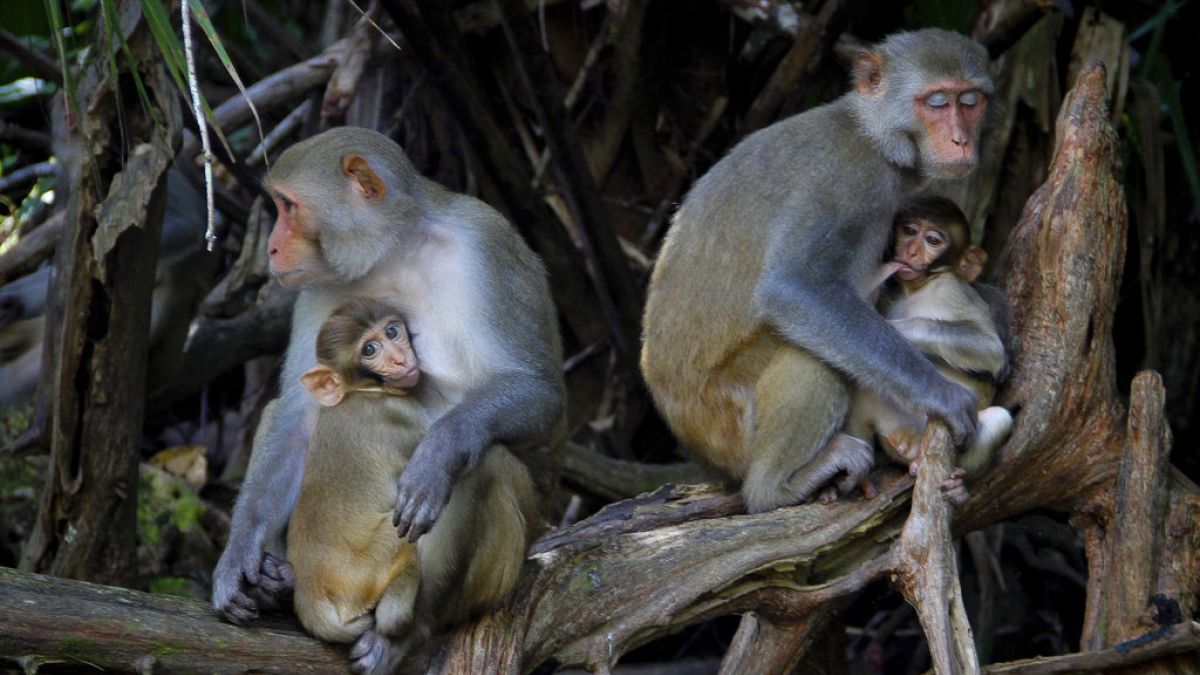Escaped Rhesus Macaques Spark Concern and Research Discussion in Carolina

Yemassee, SC – In a surprising turn of events over the weekend, dozens of Rhesus macaques escaped from the Alpha Genesis medical research facility in Yemassee, sparking a community-wide search and raising discussions on animal rights and scientific research ethics.
The escape occurred when an employee inadvertently failed to secure a door while attending to the primates, leading to 43 Rhesus macaques, known for their extensive use in medical research, breaking free from their enclosures. As of Saturday, only one of the escapees has been safely recovered, with many still lingering near the facility, observed jumping in and out of the lab premises.
Rhesus macaques, one of the most studied animals due to their genetic similarity to humans, have played a significant role in medical advancements. From being sent into space by NASA to contributing to the development of vaccines like the Salk polio vaccine, these primates have been at the forefront of scientific exploration. Their genome was fully mapped in 2007, revealing a 93% DNA similarity with humans, underscoring their importance in biomedical research.
The escape has reignited debates over the ethical treatment of animals in research. Animal rights groups have long criticized the use of these primates in studies involving vaccines, organ transplants, and maternal deprivation, highlighting the distress it causes. Conversely, scientists argue that such research has been crucial in fighting major diseases like AIDS, polio, and most recently, COVID-19.
Dr. Eve Cooper, a biology professor at the University of Colorado-Boulder, commented on the resilience of Rhesus macaques, noting their adaptability which makes them suitable for research environments. "They can live under conditions that are relatively easy to maintain," said Cooper, emphasizing their robustness as a species.
The incident has also brought to light the political behavior of these primates, as noted by behavioral scientist Dario Maestripieri, who described them as "very political," engaging in social alliances similar to human behavior. This aspect was humorously highlighted in the reality TV show "Monkey Thieves," where their social interactions were closely followed and named.
As the community and authorities continue the effort to recapture the escaped monkeys, the incident serves as a reminder of the complex relationship between humans and animals in the realm of scientific research, balancing the pursuit of medical advancements with ethical considerations.
